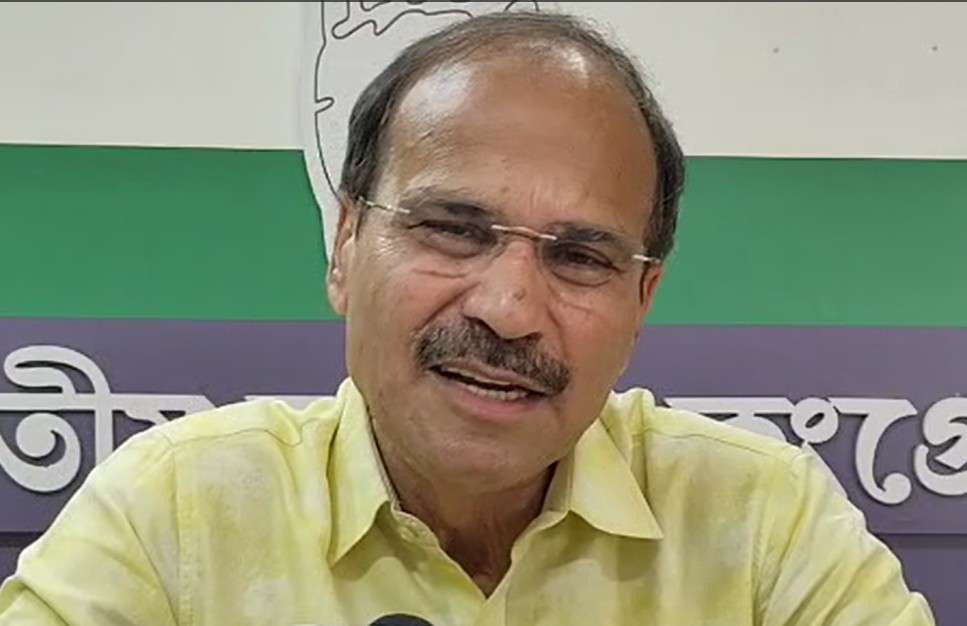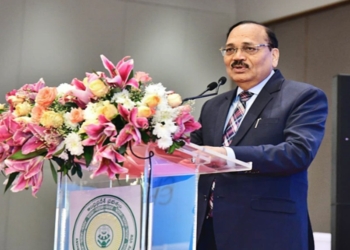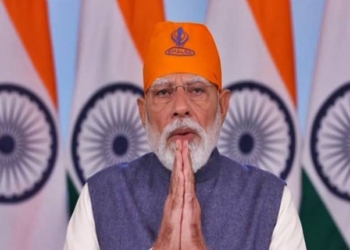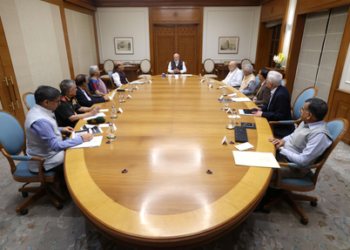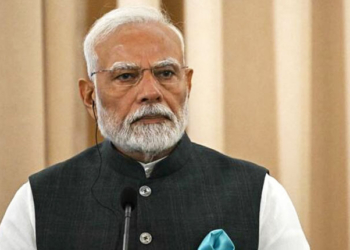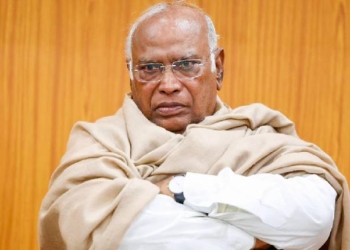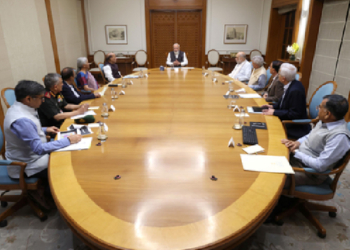New Delhi: Congress leader and former Lok Sabha MP Adhir Ranjan Choudhary on Wednesday strongly criticised Rashtriya Swayamsevak Sangh (RSS) chief Mohan Bhagwat’s recent remarks on Indian civilisation and the concept of a “Hindu Rashtra.”
Reacting to Bhagwat’s speech delivered in New Delhi on Tuesday, Choudhary said it was unfortunate that despite being a “well-read person,” the RSS chief was “compelled to present distorted statements.”
“Mohun Bhagwat ji, I know you are very well-read. But it is unfortunate that even after so much learning, you had to give misleading statements. Today, the festival of Ganesh Chaturthi has begun, and Lord Ganesha is revered as the God of wisdom and knowledge. In his idol, we always see a book and a pen in his hands. At such a time, it would be better not to try to mislead history,” Choudhary told IANS.
He accused Bhagwat of softening his rhetoric because the “politics of Hindutva alone was no longer sufficient to convince the masses.” “Bhagwat ji has realised that merely invoking Hindutva will not fetch votes. That is why his tone has turned softer now,” the Congress leader added.
On Tuesday, Bhagwat had emphasised that the shared ancestral traditions of the subcontinent have united people across undivided India for millennia. He said that the DNA of all who have lived here for over 40,000 years is fundamentally the same and insisted that the idea of a “Hindu Rashtra” does not mean excluding anyone.
“Questions arise whenever we talk of a Hindu Rashtra,” Bhagwat noted. “But Hindu Rashtra does not mean there is no place for others. Our shared ancestry binds us together,” Bhagwat added.
Reiterating that unity does not mean uniformity, he said, “Our culture teaches us to live together in harmony. The Sangh exists to organise and connect every section of Bharat.”
He also noted the RSS, now completing a hundred years, was founded with a clear purpose: “The Sangh exists for Bharat. Its journey began with challenges, it grew despite obstacles, and today it continues with a vision for the future.”
(IANS)




